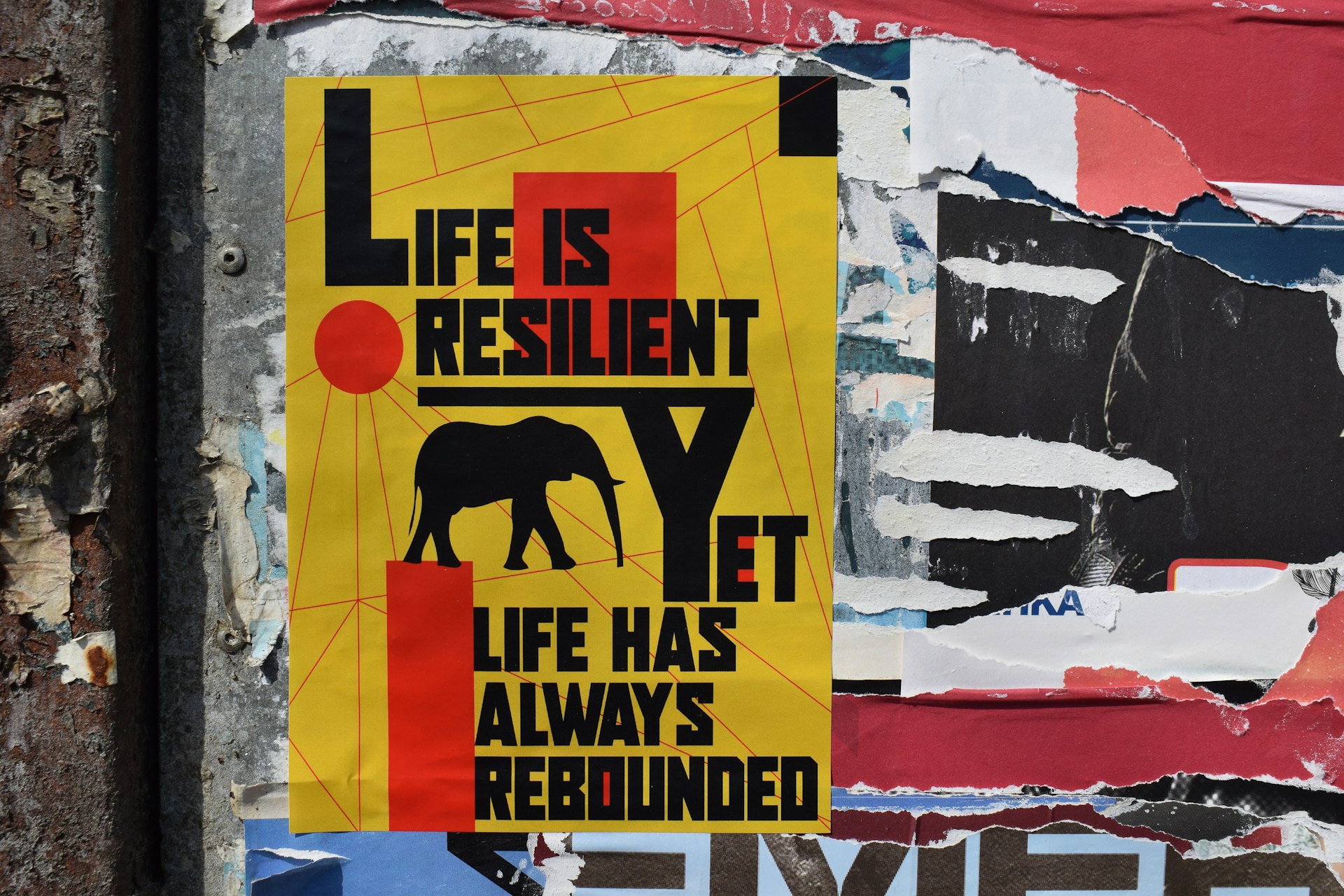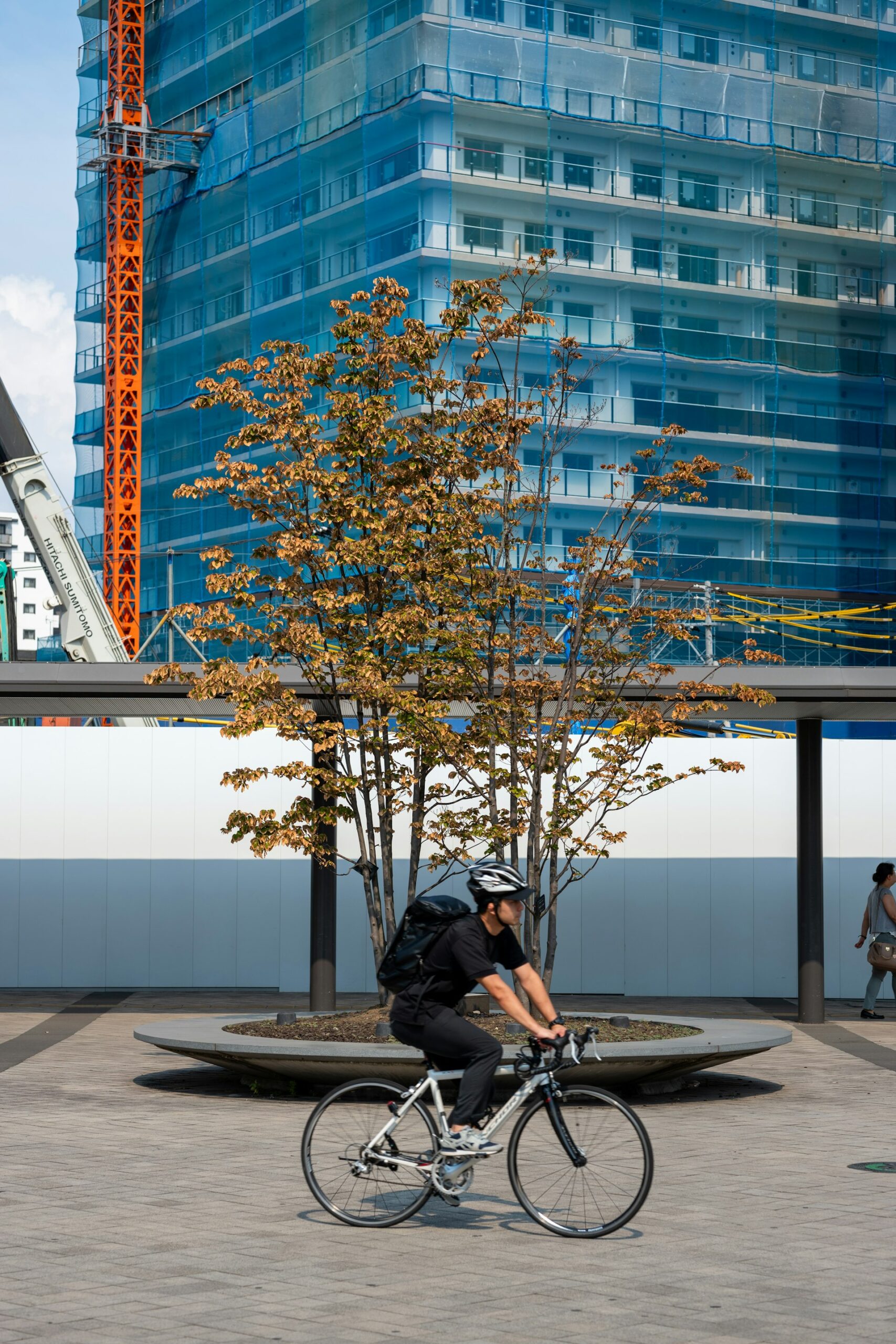Inside the Social World of Backpacker Hostel Culture in Europe

Photo by Apaha Spi on Unsplash
Introduction: More Than Just a Bed-Hostels as Social Hubs
Traveling through Europe as a backpacker is about more than ticking destinations off a map-it’s about forging connections, sharing stories, and experiencing local culture in a way that traditional tourism rarely allows. At the heart of this journey lies the hostel: a dynamic, communal space that caters to the needs of budget-minded travelers while fostering a unique culture of camaraderie and exploration. The European backpacker hostel experience offers much more than an affordable place to sleep; it provides a gateway to authentic encounters, lasting friendships, and immersive adventures [1] .
The Roots: How Hostel Culture Shaped European Travel
The origins of European hostel culture trace back to early 20th-century Germany, when Richard Schirrmann , a visionary schoolteacher, founded the first youth hostel to help young people broaden their horizons through travel and shared experience [4] . By offering simple, affordable accommodations in exchange for small fees and sometimes a helping hand with chores, hostels empowered generations of travelers to explore new places on limited budgets. The movement quickly spread across Europe, giving rise to national hostel networks and fostering a spirit of international friendship and cultural exchange that would persist through decades of change [1] .
After World War II, European countries invested in expanding hostel networks to promote peace and understanding among young people. By the late 1950s, hostels had become international spaces where people from diverse backgrounds mingled, learned, and built bridges across borders. This legacy continues today, with hostels serving as vital meeting points for solo travelers, friends, and groups seeking community and adventure [3] .
What Defines the Backpacker Hostel Experience?
Unlike hotels or resorts, backpacker hostels prioritize affordability, communal living, and a vibrant social atmosphere . Typical features include dormitory-style rooms, shared kitchens, and common areas designed to encourage interaction. Many hostels host events-such as communal dinners, bar crawls, or walking tours-that foster spontaneous connections and group activities [2] . This environment attracts a diverse mix of travelers: students, digital nomads, gap-year adventurers, and older explorers alike.
The hostel culture is characterized by:

Photo by Michał Parzuchowski on Unsplash
- Open, communal spaces for socializing and sharing experiences
- Affordable rates-ideal for budget-conscious travelers
- Opportunities for cultural exchange and international friendships
- Flexible booking and minimal restrictions, supporting spontaneous travel
- Organized activities (such as pub crawls, city tours, and shared meals) that help break the ice
Social Rituals and Daily Life in Hostels
Hostel life in Europe is shaped by a series of social rituals that help travelers bond and create lasting memories. One of the most prominent traditions is the communal dinner or group cooking session, where guests prepare and share meals in the hostel kitchen. This is often followed by informal gatherings in the lounge or bar area, where travelers exchange stories, plan outings, and participate in games or music sessions [2] .
Evening socializing frequently centers around drinks -either purchased at the hostel or brought from local shops. Many hostels organize pub crawls (typically costing 15-20 euros plus drinks) or themed parties, making it easy for newcomers to meet others and form groups for exploring the city or region. These activities are particularly valuable for solo travelers, providing a built-in community and support network [2] .
Daytime often brings free or low-cost walking tours, outings to local markets, or group hikes. Such activities are usually advertised on hostel notice boards or apps, and staff can provide recommendations for everything from sightseeing to local dining. The culture of sharing-whether it’s travel tips, leftover food, or advice on the best neighborhoods-permeates daily life, reinforcing the sense of belonging.
Accessing European Hostels: How to Find and Book Your Stay
Booking a hostel in Europe is straightforward thanks to a range of reputable online platforms. You can find and reserve hostels through established, verified booking sites such as HIHostels.com (Hostelling International) and Hostelworld.com . These sites allow you to compare prices, read guest reviews, and view amenities before making a reservation. Many hostels also have their own websites, where you may find exclusive offers or discounts.
When booking:
- Consider location, security, and reviews for cleanliness and atmosphere
- Check for included amenities such as free breakfast, lockers, or laundry
- Look for hostels that organize social activities if you want to meet other travelers
- Book in advance during peak season (summer) to ensure availability, especially in popular cities
If you need assistance, you can ask for help at local tourist information centers or use travel forums to get up-to-date recommendations. Some hostels offer walk-in availability, but this is less reliable during busy periods.
Challenges and How to Navigate Them
Despite their many benefits, hostels are not without challenges. Noise, lack of privacy, and varying levels of cleanliness can be an issue in some properties. It’s common for larger city hostels to have strict rules (such as age limits or curfews) or short maximum stays during peak times [5] . To minimize discomfort:
- Read reviews carefully and choose hostels that align with your preferences (party vibe vs. quiet retreat)
- Use earplugs and eye masks for better sleep in shared dorms
- Choose smaller dorms or private rooms if your budget allows
- Respect shared spaces and follow house rules to maintain a positive environment
Some travelers prefer to alternate between hostels and other accommodations (such as guesthouses or private rentals) for variety and downtime. If you have specific needs (e.g., accessibility, dietary requirements), communicate them in advance with hostel staff.
Alternative Approaches and Evolving Trends
The backpacker hostel scene in Europe continues to evolve. Today, many hostels offer private rooms alongside traditional dormitories, cater to digital nomads with fast Wi-Fi and coworking spaces, or provide eco-friendly options. The focus remains on fostering community, but there is increasing diversity in the types of experiences available-from quiet, countryside retreats to lively urban hubs. Some hostels even specialize in niche markets, such as adventure travel or wellness.
If you seek alternatives, consider:
- Homestays or couchsurfing for a more local perspective
- Work exchange programs (such as volunteering in hostels for free accommodation)
- Small guesthouses or boutique hostels for a quieter experience
Always verify the reputation and safety of any alternative accommodation by reading recent reviews and consulting established platforms.
Key Takeaways: Maximizing Your Hostel Experience
To make the most of the backpacker hostel culture in Europe:
- Embrace openness and a willingness to connect with fellow travelers
- Participate in group activities to discover the local culture and make friends
- Leverage hostel staff knowledge for insider tips and recommendations
- Be respectful of shared spaces and cultural differences
- Use trusted booking platforms or official hostel networks for reservations
For additional guidance, you can search for hostels through Hostelling International , Hostelworld , or consult local tourist information offices when you arrive at your destination. Always ensure you read the latest reviews, check for updated amenities, and confirm booking policies before your stay.
References
- [1] WYSE Travel Confederation (2017). Europe’s Backpackers: Forging a New Culture After WWII.
- [2] David, A. (2020). An Ethnographic Study of Backpacker Culture and Identity in Western Europe.
- [3] Sturmfrei (n.d.). Backpackers’ Hostel Culture: Birth and Growth.
- [4] HostelsClub (n.d.). The History of Youth Hostels and the Coming of Age of the Backpacker Culture.
- [5] HI Hostels (2014). Backpacker Throwback: Hostels in Europe 50 Years Ago.
- HIHostels.com. Hostelling International Network-Book Verified Hostels Worldwide.
- Hostelworld.com. Global Hostel Booking Platform.



